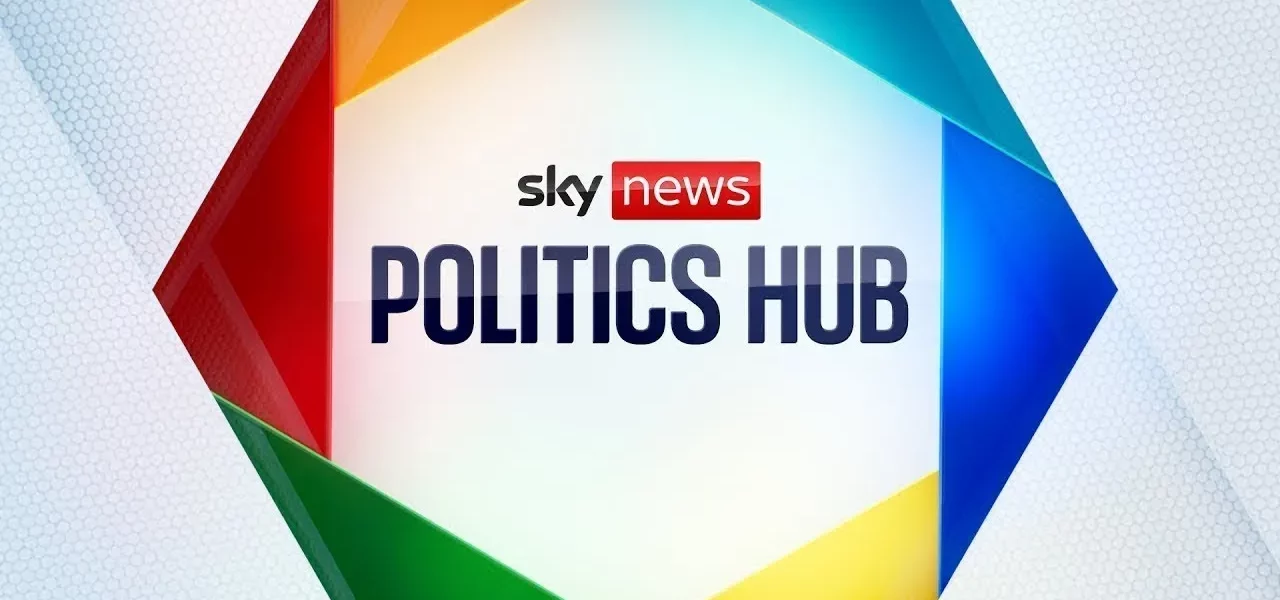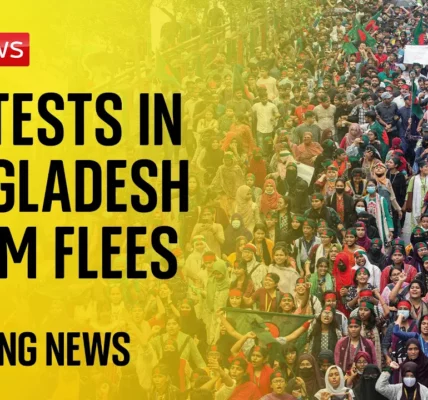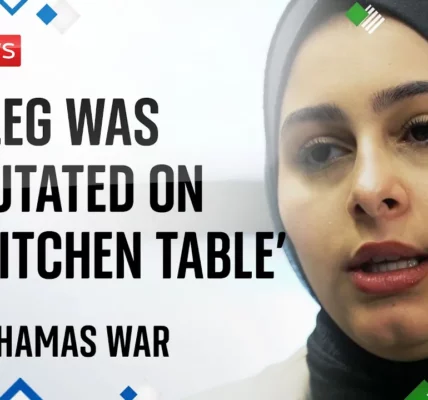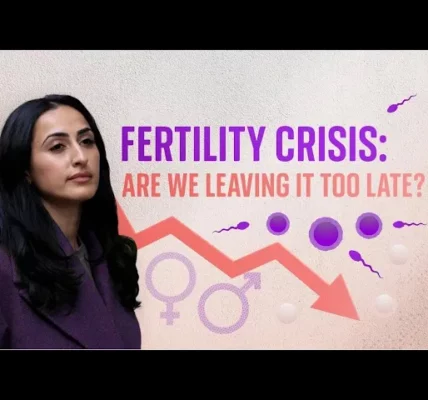Nigel Farage’s Controversial Remarks on Russia and Ukraine: A Political Analysis

In the lead-up to the elections, Nigel Farage’s statements regarding Russia’s invasion of Ukraine have sparked intense debate and backlash from various political leaders in the UK. This article delves into the implications of his remarks, the reactions from other political figures, and the potential impact on the upcoming elections.
Introduction
Nigel Farage, a prominent figure in British politics and leader of the Reform Party, recently made headlines with his assertion that the West provoked Russia’s invasion of Ukraine. These claims have reignited discussions surrounding the responsibilities of Western nations in global conflicts and the role of NATO and the EU. With elections just around the corner, this controversy has the potential to influence voter sentiment and the political landscape significantly.
Understanding Farage’s Claims
Farage’s comments, suggesting that NATO and the EU incited the conflict, reflect a narrative that resonates with a segment of the electorate. He stated, “If you poke the Russian bear with a stick, don’t be surprised if he responds.” This controversial stance raises critical questions about the perceived responsibility of Western powers in international relations.
The Context of Farage’s Statements
To fully understand the implications of Farage’s remarks, it is essential to consider the historical context of NATO’s expansion and the EU’s role in Eastern Europe. Many analysts argue that while NATO’s actions may have contributed to tensions, they do not justify Russia’s aggressive military actions against Ukraine.
Farage’s Political Calculations
Farage’s statements can be seen as a strategic move to position himself outside the mainstream political discourse, appealing to voters who may feel disillusioned with traditional party lines. His remarks may be intended to attract support from those who harbor skepticism towards NATO and the EU.
Reactions from Political Leaders
The backlash from Farage’s claims has been swift and severe, with political leaders from various parties condemning his statements.
Conservative Party Response
Prime Minister Rishi Sunak and other Conservative leaders have expressed that Farage’s comments play into Vladimir Putin’s hands, undermining the UK’s stance on international security. Key points include:
- The assertion that appeasement toward hostile nations is dangerous.
- Concerns over the implications of Farage’s rhetoric on national security.
Labour Party and Liberal Democrats
Labour leader Keir Starmer described Farage’s remarks as disgraceful, emphasizing that Putin bears sole responsibility for the aggression in Ukraine. Similarly, Liberal Democrat leader Ed Davey reaffirmed the need for solidarity with Ukraine and denounced Farage’s narrative.
The Impact on Voter Sentiment
Farage’s comments come at a critical time as the Reform Party gains traction in the polls, reportedly overtaking the Conservative Party in some surveys. This shift has raised concerns within Conservative ranks, particularly as they face a backlash from traditional voters.
Polling Trends
Recent polls indicate a significant rise in support for the Reform Party, with estimates suggesting they could capture up to 20% of the vote. This shift could drastically alter the electoral landscape:
- Potential loss of seats for the Conservative Party.
- Increased challenges for Labour and Liberal Democrats in battleground constituencies.
Farage’s Strategic Positioning
Farage’s ability to tap into the sentiments of voters disillusioned with mainstream parties may bolster his campaign, especially as he navigates the complexities of public opinion on international issues.
Conclusion
Nigel Farage’s recent statements regarding Russia and Ukraine have sparked widespread controversy and debate in British politics. As the election approaches, the ramifications of his claims could significantly influence voter sentiment and party dynamics. It remains to be seen whether this controversy will bolster the Reform Party’s standing or lead to a backlash that could affect Farage’s political aspirations.
As the election draws near, it is crucial for voters to critically assess the implications of such statements on national and international security. For further insights on the political landscape, consider exploring our related articles on UK Election Trends and International Relations and National Security.
“`




